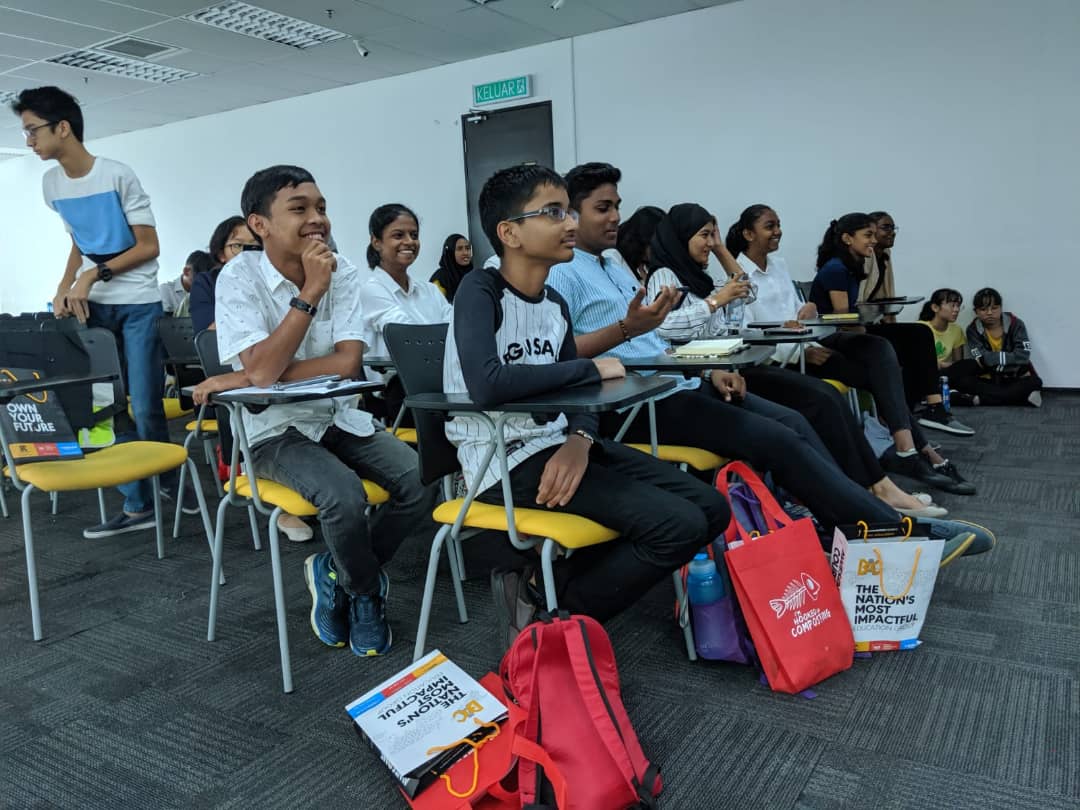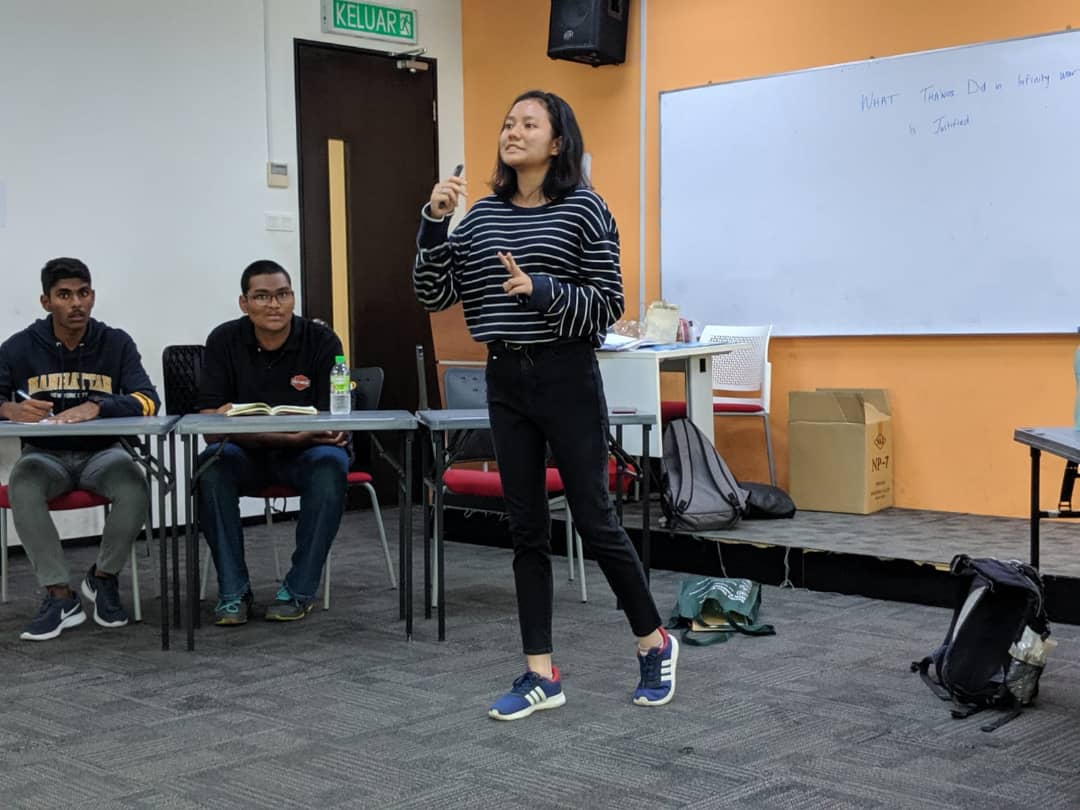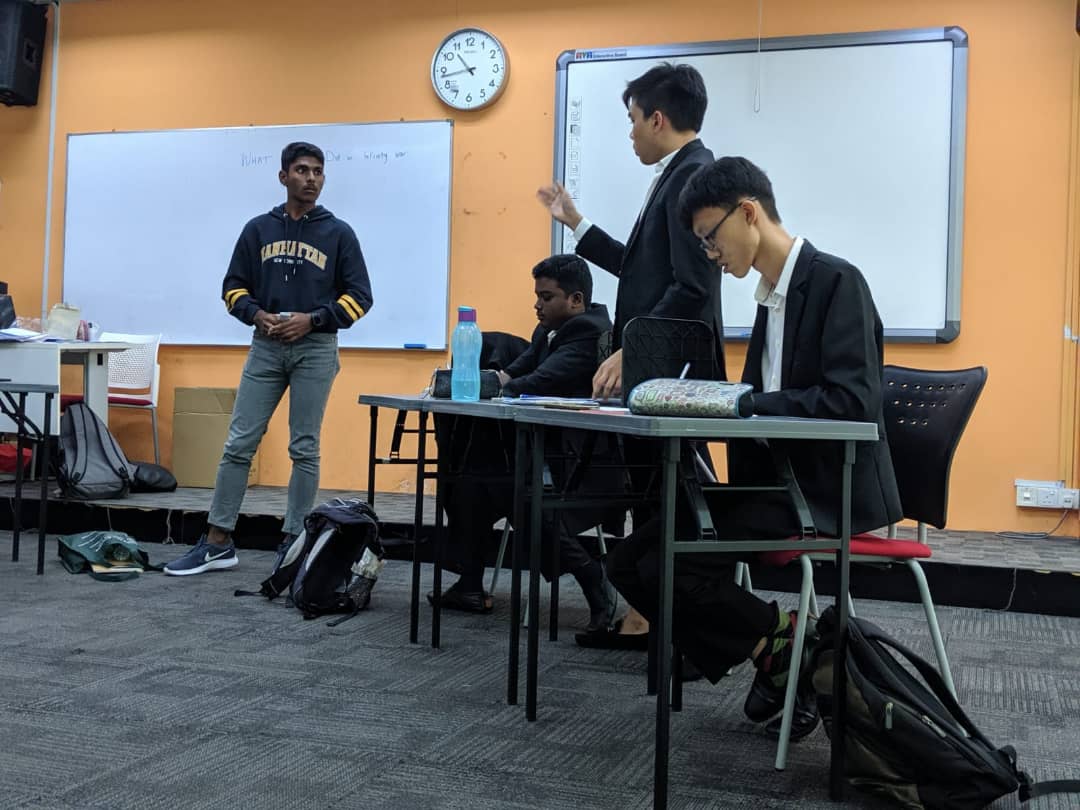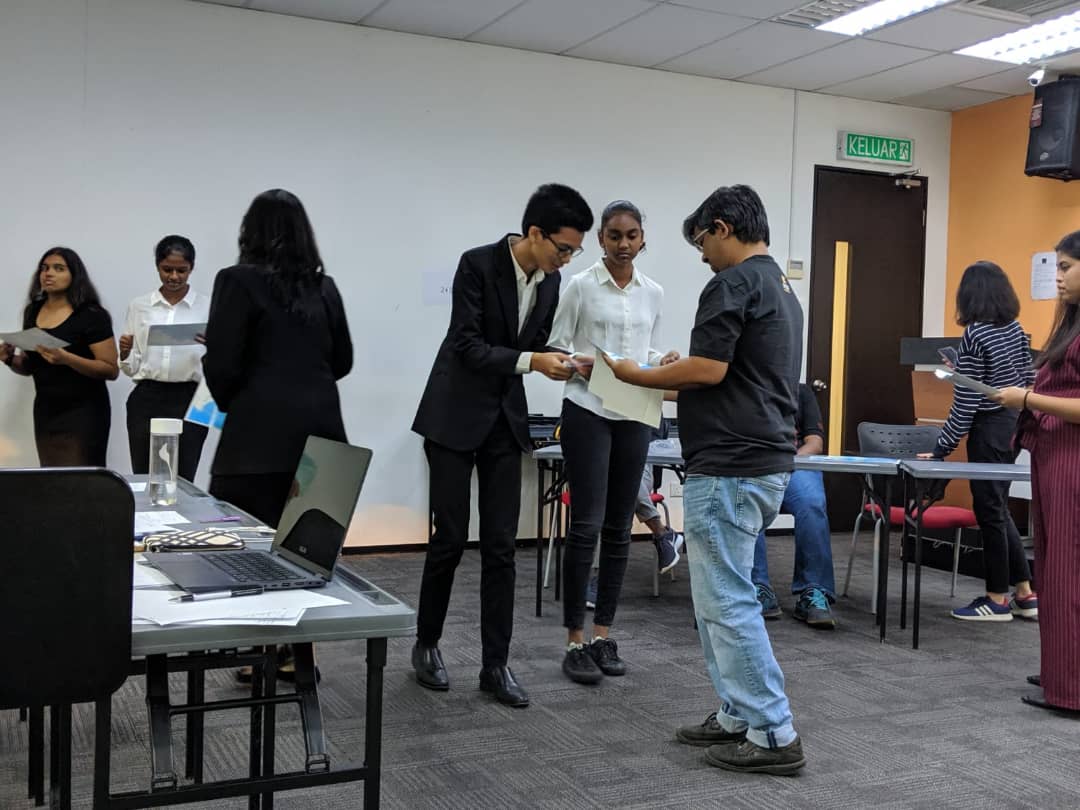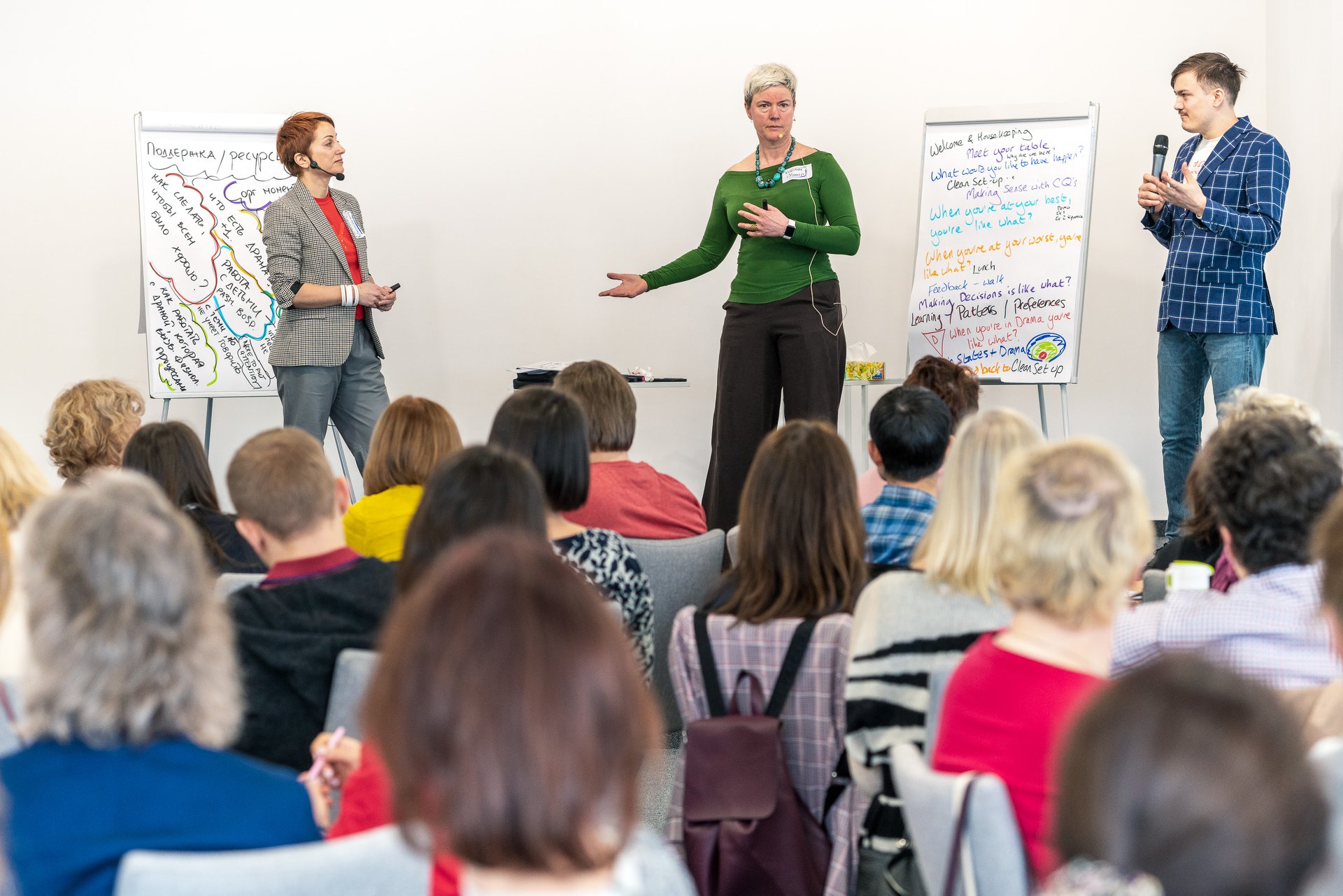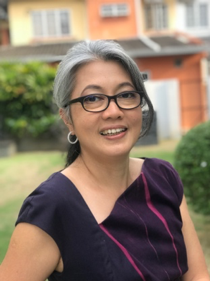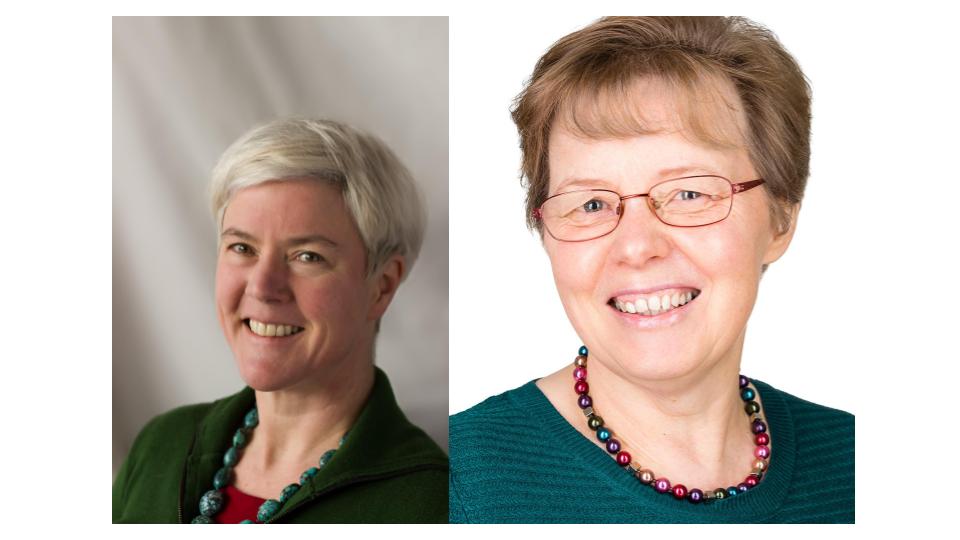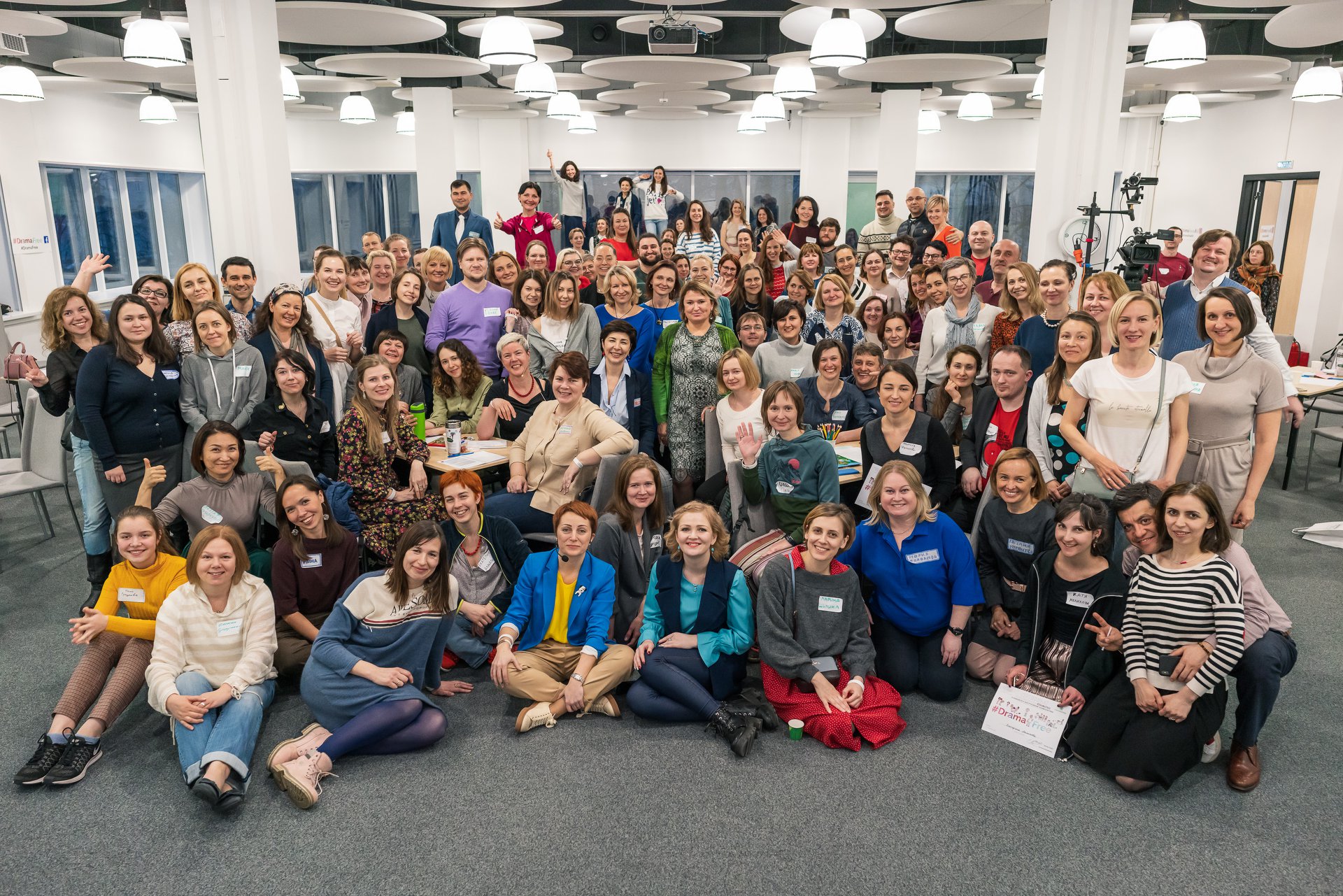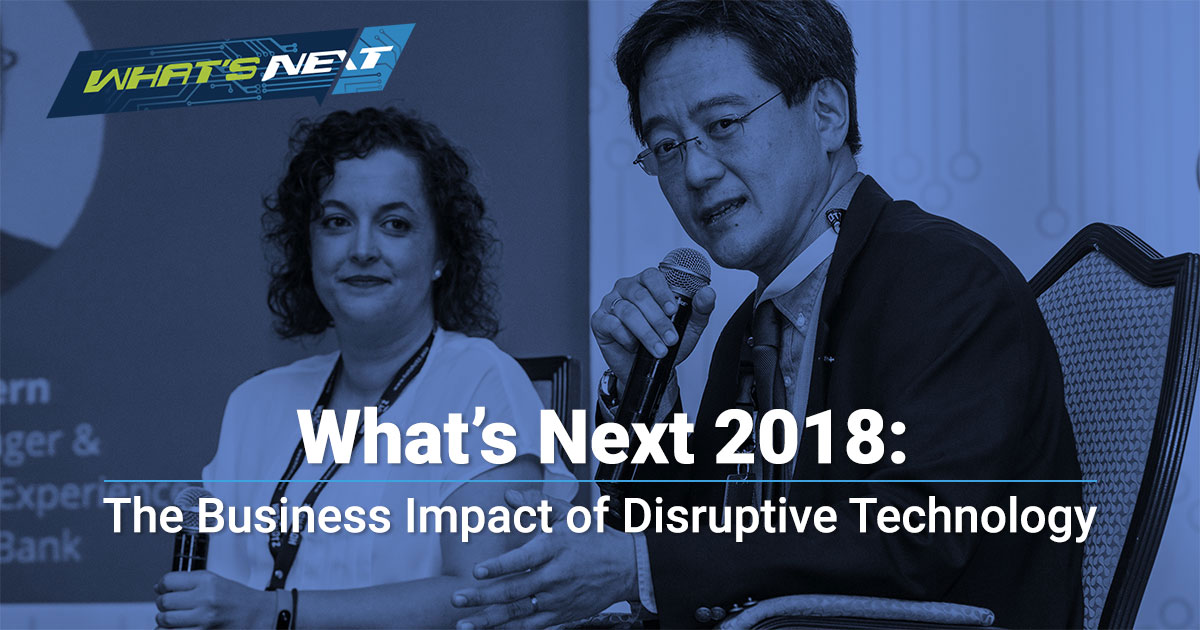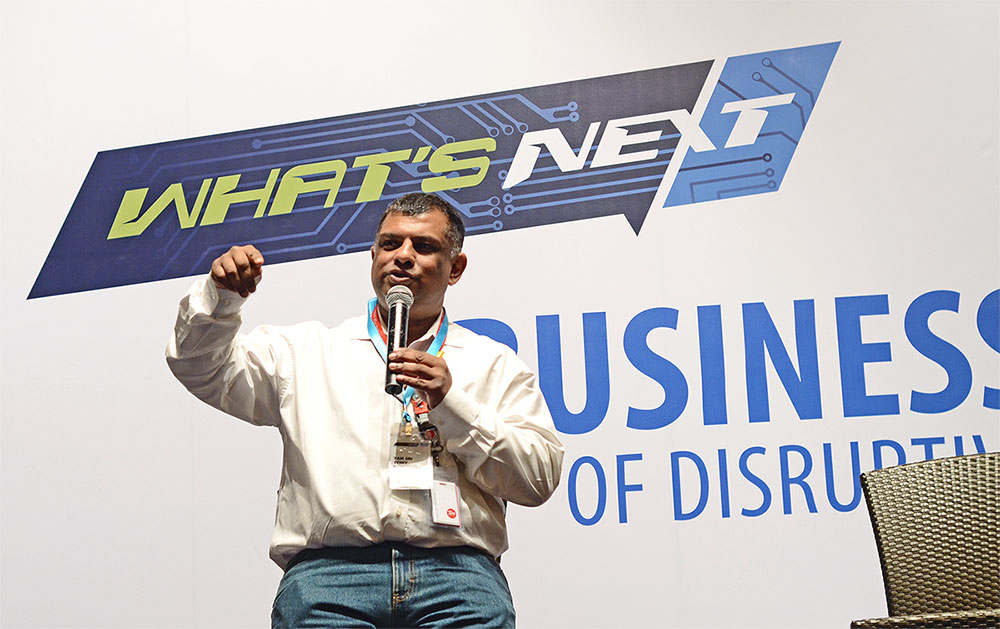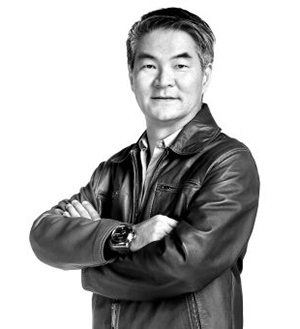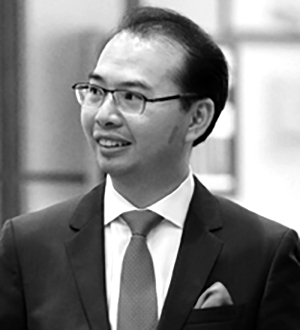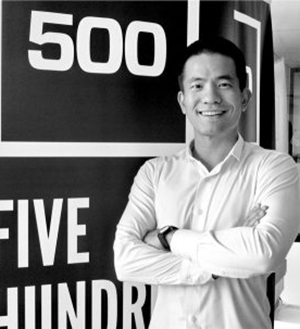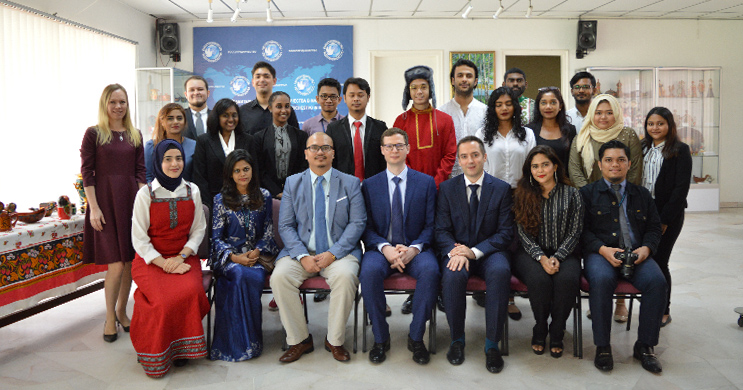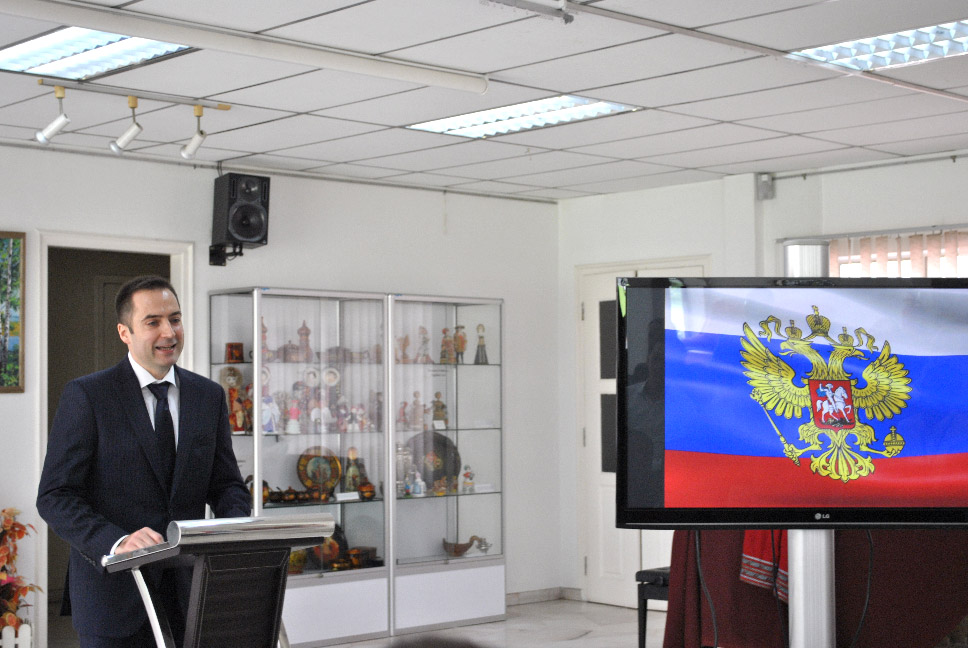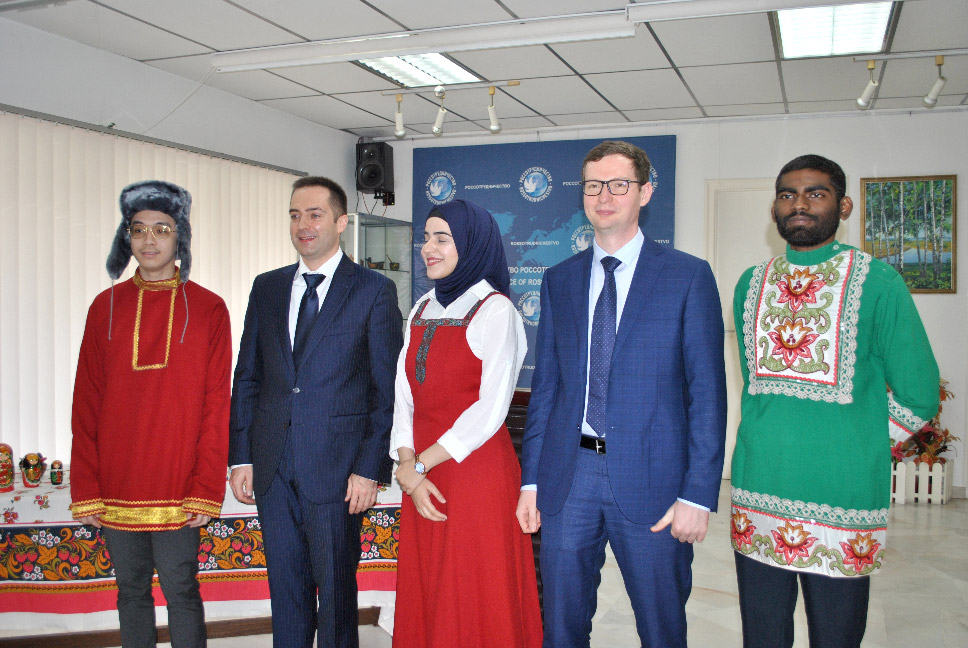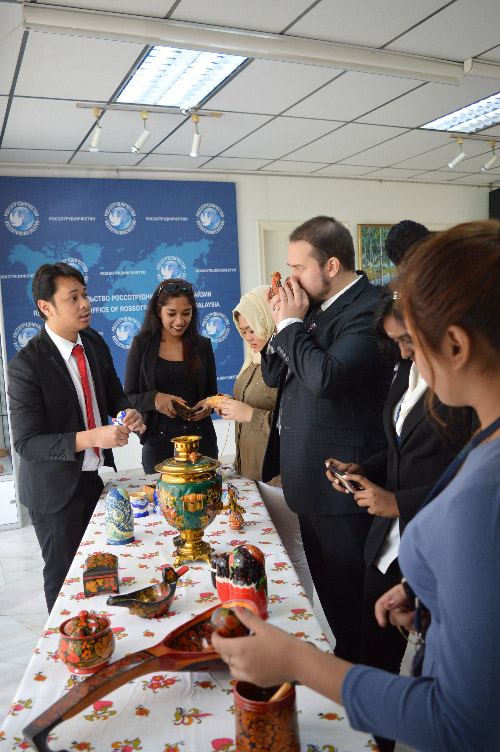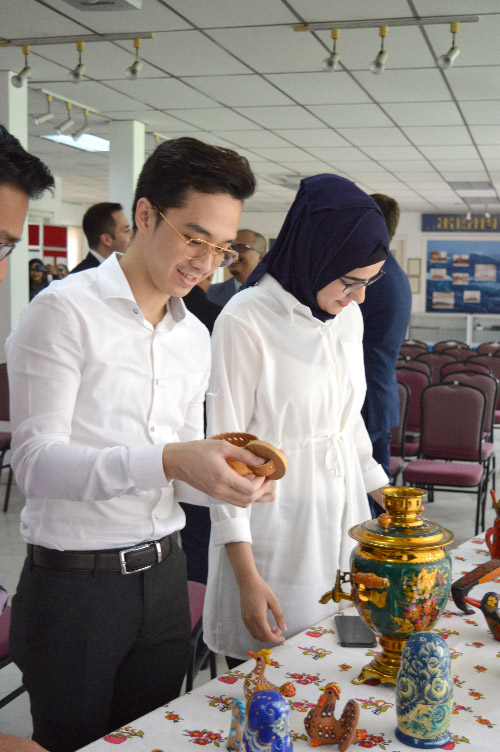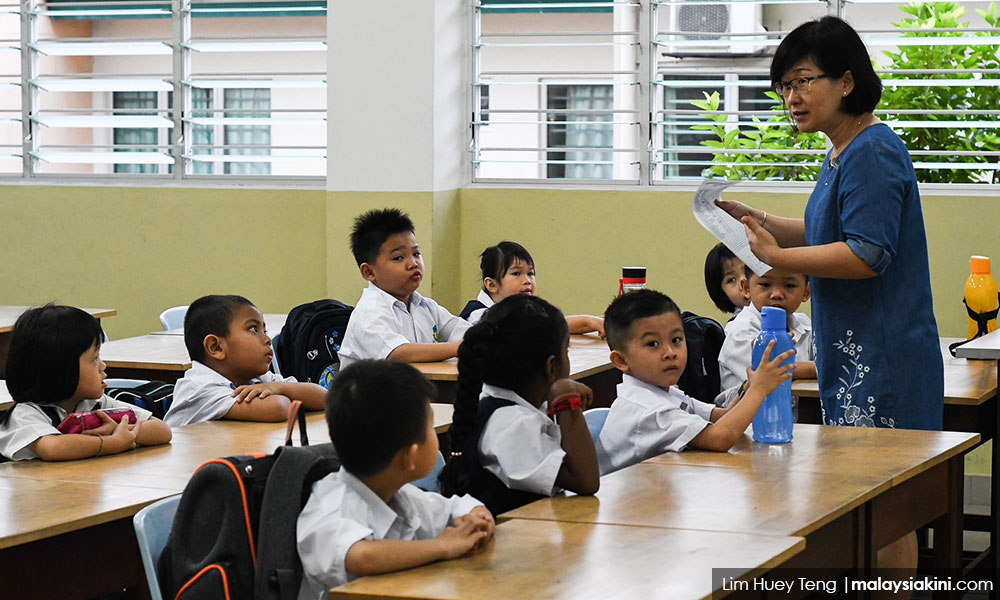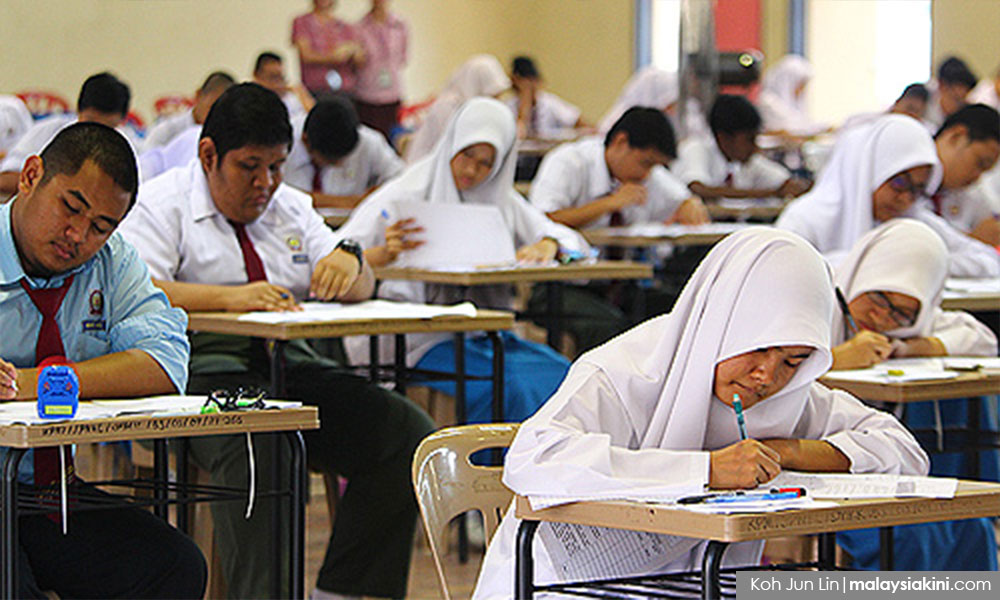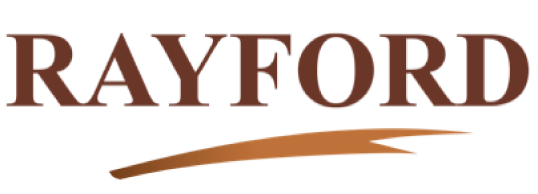It is important to know that while the upcoming workshop in KL is called ‘#DramaFree Tools for Managers’, it is not exclusively for managers. “We are using the word ‘manager’ as anyone who manages relationships”, says Jacqueline. Essentially, this means anyone is a manager. If you are one half of a business partner who has to manage your other half as well as your business, a home manager who has to manage schedules, your children, and spouse, or a teacher who has to manage several classrooms of students – you are a manager. Of course, the focus at the workshop will be on companies and businesses, but these #DramaFree Tools can be applied in any sort of relationship.
If you attend the workshop, Jacqueline says it is best to come with two other colleagues. That way, you will be able to learn how to “work together in a way that is calm and collaborative and trusting”. She also indicates that in order to bring a culture change in the workplace, there must be “enough people, as well as enough people in leadership” positions who are using and implementing these tools. This will allow co-creations of environments where people are working at their utmost best.
Claire Edmunds, founder and CEO of award-winning company Clarify, had her company undergo the #DramaFree Tools workshop and had this to say:
“We’re much clearer about what we want to see and hear in our business. It’s helped people understand what our values are, how we operate. All the things that really make a business come to life, it’s given us a model that allows us to do that.”
Manager or not, Jacqueline encourages you to come along to the ‘#DramaFree Tools for Managers’ workshop. In learning these tools, we acquire the behaviour Covey found a rarity: listening “with the intent to understand”.
Thinking of attending the workshop? Find out more on it here: https://www.eventbrite.com/e/dramafree-tools-for-managers-tickets-61691623306
Photos from workshop in Russia credited to Svetlana Shapovaliants


